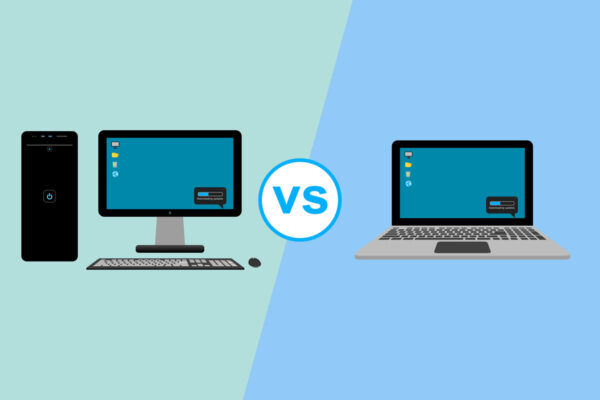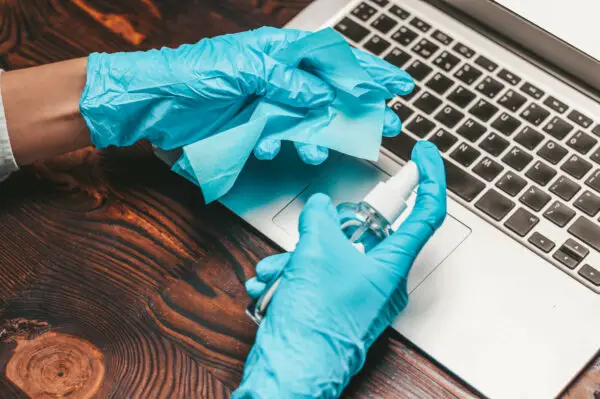Recent flooding drives home need for good backups
Participants in Noobie classes often ask me if it really is important to backup the data on their computer. I usually answer this first by asking them how they would feel if they got home that day and found out their computer was stolen. How would they replace their financial data stored in Quicken or Microsoft Money? What about all of the digital pictures they have downloaded from their camera to their computer over the past several years?
Occasionally, I run into a person that has only a handful or Word documents on their computer. No financial data, no digital pictures, no anything with any real attachment to them. To these people, I say doing without backups is probably ok. But I have to stress that these people are in the minority.
What about the rest of us?
For the rest of us, the answer is simple. Yes, backups are extremely important. Unfortunately, no matter how many times I say that, it won’t sink in with most people until it’s too late.
The recent flooding problems in the midwest have really driven this issue home. I’ve listened to several of my colleagues that support computer hardware tell me story after story about calls from their customers asking what they can do about their water-damaged computer. Most of the people had no backups whatsoever. Others had backups but since they kept them sitting right next to the computer (usually on CD or DVD), they were equally damaged by the flooding.
Backups sitting next to your computer not ideal
That last situation is the one most people that do manage to do backups don’t think of. Sure it’s great that they did regular backups. But storing those backups on CD or DVD and keeping them right next to the computer only protects against one type of disaster, a computer failure.
To truly protect yourself, your backup media should be kept far, far away from the primary data source, in this case the computer. This isn’t as difficult as it sounds. Here’s a couple of quick suggestions to make sure your computer and backup don’t get destroyed at the same time:
- Take you backup CDs or DVDs to a friend or family member’s house whenever you visit them; the more often you visit and the further away they live, the better.
- Get a safety deposit box at your local financial institution and store your backup media there.
- Use an online backup service such as Carbonite that solves both the problem of remembering to backup your data and the problem of remembering to store you backup media off site.
No one ever wants something to go wrong with their computer. But if you take the time to implement the right backup strategy, at least you can be prepared and feel a little more comforted if and when something does go wrong.







